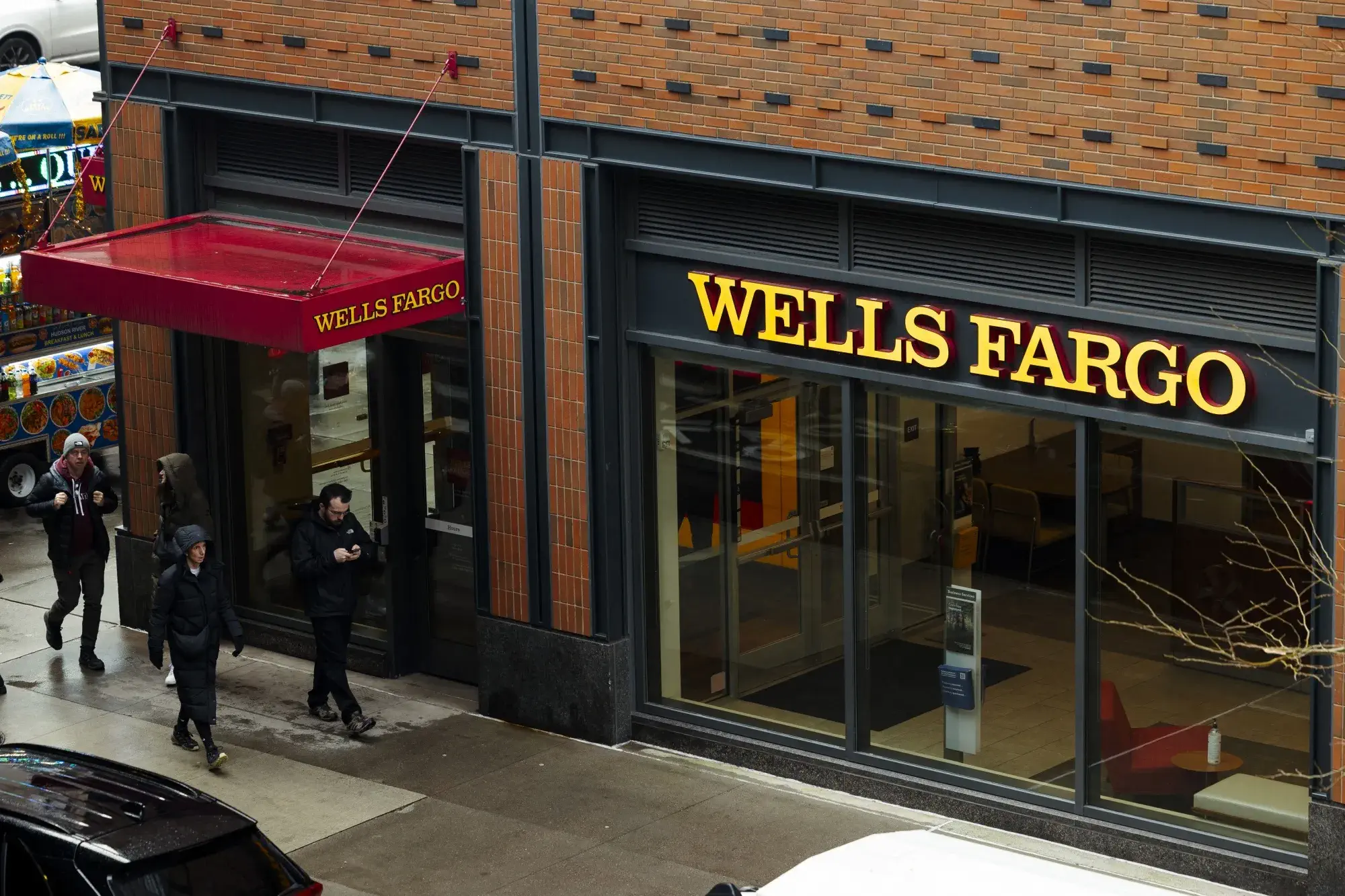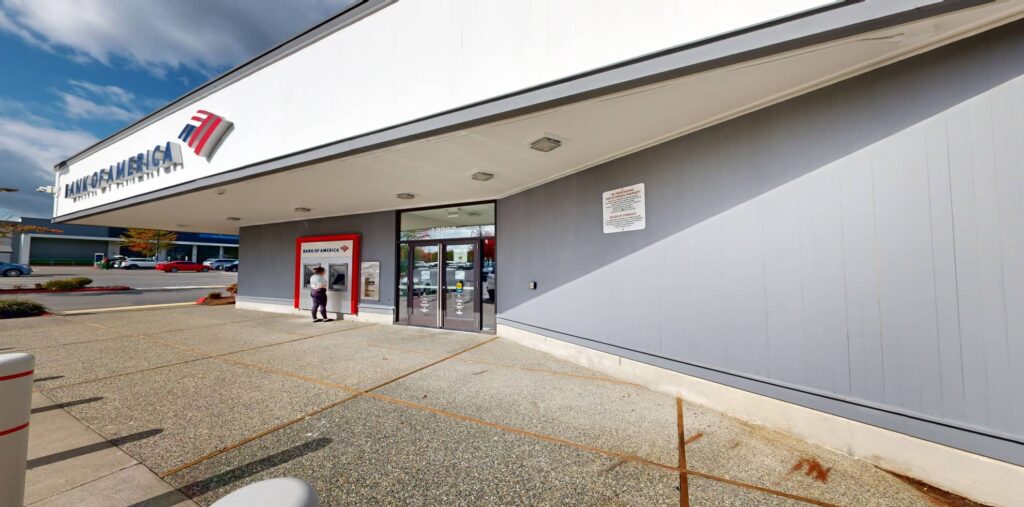Best Loan Secured by Property in 2025 Complete Guide to Property-Backed Financing
A loan secured by property is one of the most reliable ways to access large sums of money at competitive interest rates. Whether you’re a homeowner seeking capital for business expansion, debt consolidation, or home improvement, a property-backed loan provides flexibility and security for both borrower and lender.
Unlike unsecured loans, which rely solely on credit history, secured loans use tangible assets-such as your home, commercial building, or land-as collateral. This reduces the lender’s risk and, in turn, allows you to borrow more with lower interest rates and longer repayment terms.
In this comprehensive guide, we’ll explore how loans secured by property work, their benefits, detailed examples of top lenders in 2025, and how you can apply for the best option based on your financial goals.
Understanding a Loan Secured by Property
A loan secured by property (also known as a secured homeowner loan or property-backed loan) allows individuals or businesses to use owned real estate as collateral for financing. If the borrower defaults, the lender has the right to claim the property to recover losses.
This type of loan is common for funding high-value goals such as:
-
Business expansion or capital investment.
-
Debt consolidation.
-
Home renovations or upgrades.
-
Property development projects.
-
Emergency financial needs.
How It Works
The lender assesses the current market value of your property and determines a Loan-to-Value (LTV) ratio-typically between 60% and 85%. The higher your equity, the more you can borrow. Repayment periods can range from 5 to 25 years, depending on the lender and purpose of the loan.
Benefits of Taking a Loan Secured by Property
Lower Interest Rates
Because these loans are backed by real assets, lenders face less risk. This translates to significantly lower interest rates compared to unsecured personal loans or credit cards.
Higher Borrowing Limits
Property-backed loans enable borrowers to access higher capital amounts-often in the hundreds of thousands-making them ideal for major investments or business expansions.
Flexible Repayment Terms
Borrowers can select repayment schedules that align with income cycles, often with fixed or variable rate options.
Easier Approval for Those with Poor Credit
Since the property serves as collateral, lenders may be more willing to approve loans even if your credit score is below average.
Top 5 Real-World Examples of Commercial Real Estate Financing
1. Wells Fargo Secured Loan

Wells Fargo offers a secured loan using property as collateral, designed for both homeowners and investors. Borrowers can pledge residential or commercial real estate to obtain competitive financing for business or personal use.
Benefits:
Wells Fargo provides loan amounts up to $500,000 with flexible repayment terms up to 20 years. Fixed interest rates ensure predictable monthly payments, while online account management simplifies tracking and payments.
Use Case:
A small business owner in Texas used a Wells Fargo secured loan to expand his retail operations. By using his property as collateral, he secured $250,000 at a lower rate than traditional business loans, allowing him to increase inventory and marketing efforts efficiently.
2. Bank of America Secured Property Loan

Bank of America provides one of the most trusted loans secured by property in the U.S. Their loans cater to homeowners, real estate investors, and entrepreneurs seeking substantial funding.
Benefits:
Customers enjoy interest rates as low as 6.75% APR, depending on credit and equity. Borrowers can choose between lump-sum loans or revolving lines of credit tied to property equity.
Use Case:
A family in Florida used their home equity to consolidate high-interest debts. The Bank of America property-backed loan helped them save over $400 monthly on combined repayments.
3. Citizens Bank Property Secured Loan

Citizens Bank offers flexible secured loan options for residential property owners. They specialize in providing funds for home renovations, education, or large-scale purchases.
Benefits:
Borrowers can receive loans up to 80% of their property’s value. Citizens Bank also offers fixed and variable rate options, no application fees, and quick approval times.
Use Case:
A homeowner in Massachusetts obtained a $100,000 loan to renovate an outdated kitchen and add solar panels. The improved home value and energy savings offset the cost within five years.
4. LendingTree Secured Loan Marketplace

LendingTree is a leading online platform that allows users to compare loans secured by property from multiple lenders. Instead of borrowing directly from one bank, applicants can view offers from competing financial institutions.
Benefits:
LendingTree’s technology-driven model saves time by pre-qualifying users based on credit score and property value. It enables borrowers to find the lowest interest rates without multiple hard credit checks.
Use Case:
A couple in California used LendingTree to compare three secured loan offers. They chose the lowest rate, saving more than $10,000 in interest over 15 years.
5. LightStream Home Equity Loan

LightStream, a division of Truist Bank, provides high-value secured loans using property or home equity as collateral. Known for its digital-first approach, LightStream ensures fast online applications and same-day funding for approved borrowers.
Benefits:
Borrowers enjoy competitive APRs starting at 7.49%, no fees, and no prepayment penalties. LightStream is ideal for those seeking convenience, speed, and transparency.
Use Case:
A property investor in Nevada used LightStream’s loan to fund the down payment for a new rental property. The quick approval process allowed him to secure the purchase before the market price increased.
Why a Loan Secured by Property is a Smart Financial Tool
A property-backed loan can solve multiple financial challenges while preserving long-term stability.
Problem Solved: Debt Consolidation
Many borrowers use secured loans to consolidate multiple high-interest debts into a single manageable payment with a lower rate.
Problem Solved: Business Growth
Entrepreneurs can unlock tied-up capital from their property to finance operations, purchase equipment, or expand inventory.
Problem Solved: Home Improvement
Renovating your home not only increases comfort but also boosts property value, often offsetting the loan cost over time.
Problem Solved: Lower Financial Stress
Predictable fixed-rate payments and longer terms reduce monthly financial strain compared to short-term unsecured credit.
How to Apply for a Loan Secured by Property
Applying for a property-backed loan is straightforward, though it requires documentation and verification.
-
Evaluate Property Value: Get an independent valuation or appraisal.
-
Check Eligibility: Ensure you meet income and equity requirements.
-
Compare Lenders: Research multiple providers for the best rates.
-
Submit Documentation: Include proof of income, property title, and ID.
-
Sign Agreement and Secure Funding: Once approved, funds are usually released within days.
Where to Get a Loan Secured by Property
You can find and apply for these loans directly through lender websites or financial marketplaces:
These lenders offer online applications, pre-qualification tools, and customer support to guide you through the process.
Tips for Managing a Property-Backed Loan
-
Borrow Responsibly: Only take what you can comfortably repay.
-
Maintain Good Credit: It helps you qualify for better refinance options later.
-
Monitor Market Value: If your property value increases, consider renegotiating better loan terms.
-
Avoid Late Payments: Missing payments risks foreclosure on the property.
FAQs
Q1. What happens if I can’t repay a loan secured by property?
If you default, the lender may seize and sell your property to recover the outstanding balance. Always borrow within your financial capacity.
Q2. How much can I borrow with a secured property loan?
Most lenders allow borrowing between 60%–85% of the property’s appraised value, depending on creditworthiness.
Q3. Can I use a commercial property as collateral?
Yes. Many banks and financial institutions accept commercial buildings or land as security for larger business loans.





